1. Superannuation funds
1. Check the ethics and investments of your current organisational superannuation fund and the banks you are using.
- Use https://www.marketforces.org.au/campaigns/super/ to help you do this.
2. If your superannuation fund is investing in coal or fossil fuel industries, then start by getting in touch with them.
- You can use the email template in the following link to contact your Superannuation Fund directly (https://www.marketforces.org.au/superfunds/)
3. If your superannuation fund is not responsive and you wish to change your organisational superannuation provider, then follow the below steps.
- Collate relevant information and data of your current fund or bank (use marketfoce.org)
- Investigate what ethical and green alternatives there are (use marketfoce.org)
- Talk to the relevant people in charge.
- Contact another green and ethical super fund and get advice for your transition.
4. Tell your super fund why you are leaving them. Use the template below to prepare your letter or cut and paste it into the above-mentioned automatic email provided at https://www.marketforces.org.au/superfunds/. This email will then be sent to the appropriate address.
Example letter to old super fund
Dear OLD SUPER FUND,
We recently learned that (OLD SUPER FUND) invests in companies that extract, burn and transport coal, oil and gas. As a former member of your fund, we are concerned that retirement savings may have been helping to fund this destructive industry that is threatening our land, our water and our future. Your decision to fund the expansion of the fossil fuel industry is environmentally and socially irresponsible. That is why we are not just asking you to stop funding these destructive practices. We are telling you by moving our money. We recently moved my super to (FOSSIL FUEL FREE SUPER FUND) because of their decision not to invest the retirement savings of their members in fossil fuels. And we are not alone. There is a growing movement of people and organisations aligning their money with their values by divesting from fossil fuels. We are moving our money away from fossil fuel companies and the businesses that support them by selling shares, changing banks, switching super funds and refinancing our home loans.
We urge you to reconsider (OLD SUPER FUND)’s investments in coal, oil and gas.
Kind regards,
YOUR NAME
ORGANISATION NAME
(Source: 350.org)
5. Inform staff about this and encourage them to do the same
6. Share your actions with family, friends and colleagues
2. Banks
1. Check if your bank is financing the Fossil Fuel industry directly or indirectly.
- Use https://www.marketforces.org.au/campaigns/banks/ to help you do this.
2. If your bank is directly or indirectly financing coal or fossil fuel industries, then start by getting in touch with them.
- You can use the email template in the following link to contact your bank directly: https://www.marketforces.org.au/campaigns/banks/
3. If your bank is not responsive and you wish to change, then follow the below steps.
- Select a fossil-free bank (use marketfoce.org)
- Open a new account/apply to refinance.
- Transfer your regular transactions to your new account.
- Transfer your funds/loan.
- Close your old account, AND tell them why you’re leaving. Use the template below to prepare your letter, or cut and paste it into the mentioned automatic space on the marketforce website. This email will then be sent to the appropriate address.
Example letter to your old bank
“Dear Manager,
We can’t solve climate change if we keep funding its causes, and that’s why I’ve switched my banking to (NEW FOSSIL FUEL FREE BANK), which does not finance the expansion of the fossil fuel industry. This destructive industry threatens our land, our water and our future. Your decision to fund the expansion of the fossil fuel industry is environmentally and socially irresponsible. That’s why we are not just asking you to stop funding these destructive practices. We are telling you by moving our money. There is a growing movement of people and organisations aligning their money with their values by divesting from fossil fuels. We’re moving our money away from fossil fuel companies and the businesses that support them by selling shares, changing banks, switching super funds and refinancing home loans.
We will not consider returning to (OLD BANK) until you stop lending to projects that expand the fossil fuel industry.
Kind regards,
*YOUR NAME
*ORGANISATION NAME
(Source: 350.org)
3. Financial advisors / loan brokers
If you use a financial advisor or broker to help guide you with financial decisions or help you seek a loan, make sure you understand their funding arrangements (they are supposed to declare this information). Some get paid by banks that finance fossil fuel industries if they refer loan and deposit accounts to those banks. You don’t have to accept their advice, and you can instruct them only to seek investments and loans from providers that are environmentally and socially responsible.
4. Develop a fossil fuel free investment and divestment strategy and policy
Creating a fossil fuel-free investment and divestment strategy and policy for community service organisations is a progressive step towards aligning financial practices with environmental and social responsibility. As stewards of community well-being, community service organisations can contribute by leveraging their financial portfolios for positive impact.
Step 1 – Assessment of current holdings
Conduct a thorough review of the organisation’s current investment portfolio to identify any holdings in fossil fuel-related industries. This includes scrutinising stocks, bonds, mutual funds, and other financial instruments.
Step 2. – Establishing Environmental, Social and Climate Justice Criteria
Clearly define the criteria that align with the organisation’s mission and values. Specify the environmental, social and climate justice factors that investments must meet, such as promoting clean energy, reducing carbon emissions, equity, accountability, agency and adhering to ethical labour practices.
Step 3. – Stakeholder engagement
Engage with key stakeholders, including board members, staff, donors, and the community. Seek input and gather perspectives on the importance of divesting from fossil fuels and investing in sustainable alternatives. Foster a shared commitment to the organisation’s environmental goals.
Step 4. – Policy development
Draft a comprehensive fossil fuel-free investment and divestment policy that reflects the organisation’s commitment, criteria, and timeline. Ensure clarity on decision-making processes and the ongoing monitoring of investments.
Step 5. – Communication plan
Develop a communication strategy to inform stakeholders, including staff, donors, and the community, about the organisation’s decision to divest from fossil fuels. Transparently communicate the reasons behind the shift and the positive impact it aims to achieve.
Step 6. – Undertake divestment
Select fossil-free banks, shares, holdings and investments. Transition to those.
Step 7. – Advocacy and collaboration
Actively participate in broader advocacy efforts for responsible investment practices. Collaborate with other community service organisations, NGOs, and industry groups to amplify the impact of the collective commitment to fossil fuel-free investments.
5. Example divestment strategy and statement
Fossil fuel Divestment – Change of Investment Strategy in Support of a global zero-carbon economy (University of Tasmania)
6. Case study
- Australian Campaign Case Study: Divestment Campaign 2013 – 2021 (Robyn Gulliver)
This case study follows the Divestment campaign, introduced to Australia by 350.org in around 2013.
Bank Australia has never lent any money to the fossil fuel industry. They made this commitment in response to their consumers’ desire to see them take action on climate change.
Read more
Merri-bek City Council, Victoria – Example Fossil Fuel Divestment Strategy
A beginner’s guide to fossil fuel divestment (The Guardian)
Market Forces, affiliated with Friends of the Earth, targets banks, superannuation and fossil fuel government subsidies with a focus on discouraging and preventing investment in projects that are environmentally destructive.
- Banks: The Market Forces website allows you to see where your bank stands and provides information on transferring to a new bank.
- Super: The Market Forces website allows you to see which superannuation companies are blocking climate change action and which are taking a stance.
- Fossil Fuel Subsidies: The Market Forces website provides information on how subsidies are given to Fossil Fuel companies and allows your organisation to take action on this by signing a petition.
- Insurance: The Market Forces website allows you to see which insurance companies have taken action on climate change and which are refusing to, and includes a comparison table so you can choose insurance that does not further support fossil fuels.
The Financial Standard Sustainability article provides guidance about how to incorporate sustainable investment into your organisation.
Uni Melbourne – Fossil Free: The Development and Significance of the Fossil Fuel Divestment Movement
Divestment and Socially Responsible Investment

